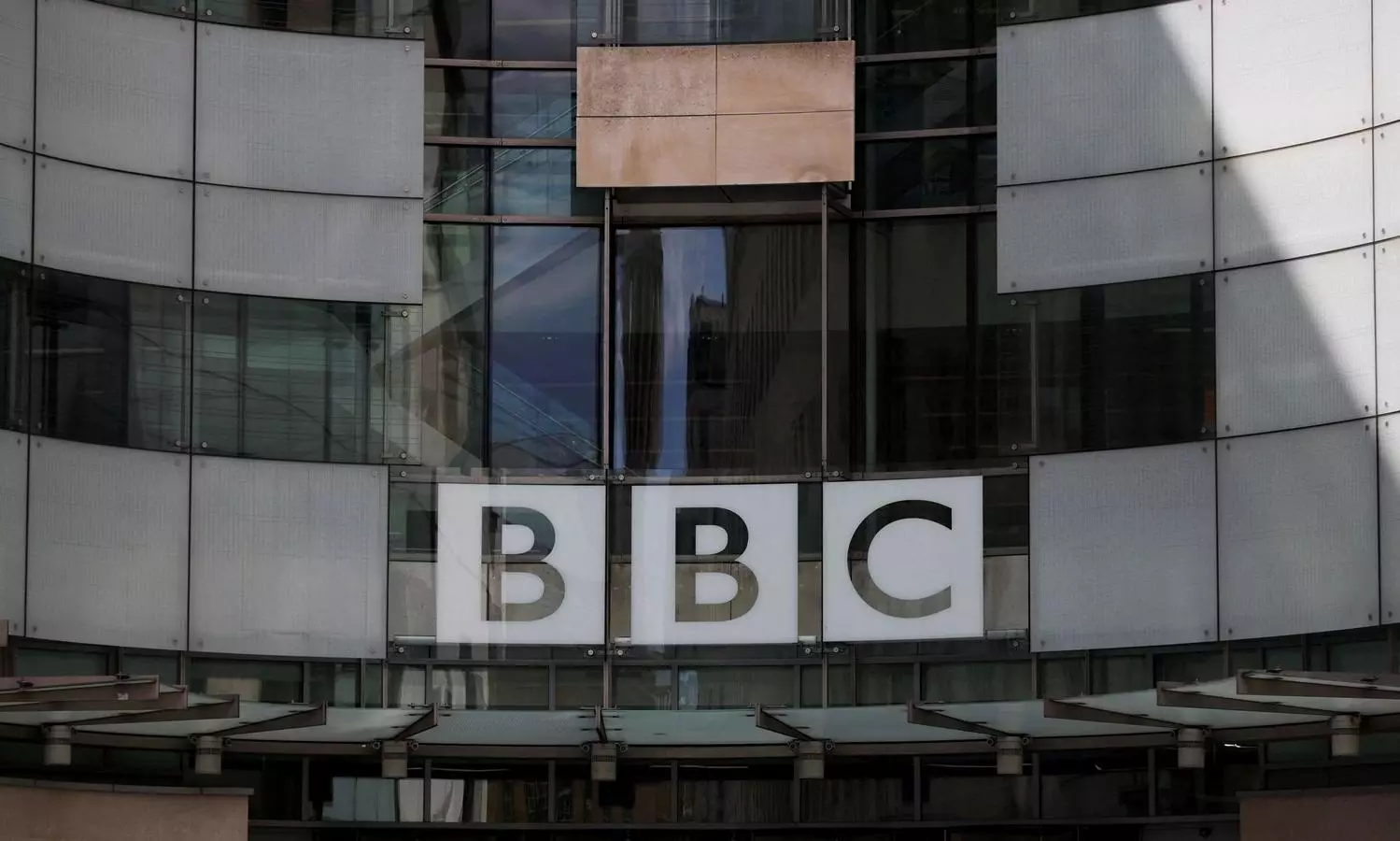
BBC India to restructure operations to comply with Centre’s FDI rules
text_fieldsLondon: The British Broadcasting Corporation (BBC) on Tuesday said that it is restructuring its operations in India in order to comply with the Centre’s foreign direct investment (FDI) guidelines.
The move comes after “an investigation this year which saw the BBC’s India offices being searched by tax authorities” and an ensuing investigation by the Enforcement Directorate (ED) for FDI violations.
The Income Tax Department had conducted searches at the BBC offices in Mumbai and Delhi in February, alleging that BBC’s income in India was not commensurate with the scale of its operations in the country.
The UK-based public service broadcaster said that it has asked for time till March 31, 2024, to comply with the guidelines, and has informed the government about the restructuring proposal.
The tax department searches took place after the release of a BBC documentary about the alleged role of Prime Minister Narendra Modi in the 2002 riots in Gujarat when he was the Chief Minister at the time. More than 1,000 people, the majority of them Muslims, were killed in the violence.
 Also Read - Parliament protestor once saw PM Modi as God, says father
Also Read - Parliament protestor once saw PM Modi as God, says father
The BBC said that as part of the restructuring process, four of its employees will leave the corporation to form a wholly new Indian-owned company.
The new company, called Collective Newsroom, will provide services "as commissioned by the BBC" and in compliance with the country's FDI rules. It will replace BBC World Service India to continue to provide language-based content.
In India, content is provided in six languages - BBC News Hindi, BBC News Marathi, BBC News Gujarati, BBC News Punjabi, BBC News Tamil, BBC News Telugu, as well as in English, to 82 million people around the country on average each week.
"The establishment of Collective Newsroom Private Limited ensures the BBC and Collective Newsroom can meet their shared commitment to Indian audiences and cover stories on India that matter to global audiences. It is in compliance with the Indian Foreign Direct Investment law," reads the BBC statement.
"Collective Newsroom has been established as an Indian company, wholly owned by Indian citizens, with four existing staff members leaving the BBC to lead Collective Newsroom. These senior leaders have a wealth of editorial and programme-making experience," it said.
"The BBC will commission Collective Newsroom to produce its six Indian language services as well as Indian digital output and Indian YouTube channel in English for audiences globally," it added.
 Also Read - Kashmiri discontent grows: SC verdict sparks concerns for an uncertain future
Also Read - Kashmiri discontent grows: SC verdict sparks concerns for an uncertain future
"Audiences in India can be assured that the BBC's Indian language services and unique range of quality output will inform, educate and entertain audiences across our diverse and highly engaged country under the agreement between the BBC and Collective Newsroom. We launch Collective Newsroom with big ambitions for audiences in India and beyond," said Rupa Jha, Senior News Editor, BBC India, and founding shareholder of Collective Newsroom.
The BBC said it has a long-held and deep-rooted place in India's media landscape, having first launched the Hindi language service in 1940. Since then, it has developed a range of BBC output, expanding the number of Indian language services and growing audience figures from "decade-to-decade with its agenda-setting and high impact journalism".
"The BBC's presence in India is steeped in a rich history that has always put audiences first, so we warmly welcome the formation of Collective Newsroom which continues that progression. The BBC will get first class content from Collective Newsroom that will be rooted in India and in line with the editorial standards audiences expect from the BBC," said Jonathan Munro, Deputy CEO, BBC News.
Under the new arrangement, activity for BBC Monitoring and the BBC's English language newsgathering operation for global output will remain with the BBC.
 Also Read - BJP's Vishnu Deo Sai sworn in as CM of Chhattisgarh
Also Read - BJP's Vishnu Deo Sai sworn in as CM of Chhattisgarh
According to official statistics, BBC News Hindi is the BBC's language service with the largest audience and in 2023, across all platforms, its weekly reach figure grew 27 per cent year-on-year.
The BBC World Service claims a reach of 318 million people on average every week globally and operates 42 different language services.
In February, several global media rights advocates and India’s opposition leaders had criticised the income tax raids on the BBC, saying the timing of the action “smacked of intimidation”. The BBC had said that it stood by its colleagues and journalists “who will continue to “report without fear or favour”.
The government has maintained that there was no connection between the BBC documentary and the Income Tax surveys.
The Ministry of External Affairs had slammed the docu-series as a propaganda piece designed to push a discredited narrative, with the Centre invoking its emergency powers under the Information Technology Rules to direct YouTube and Twitter to remove links of the documentary.
With PTI inputs






